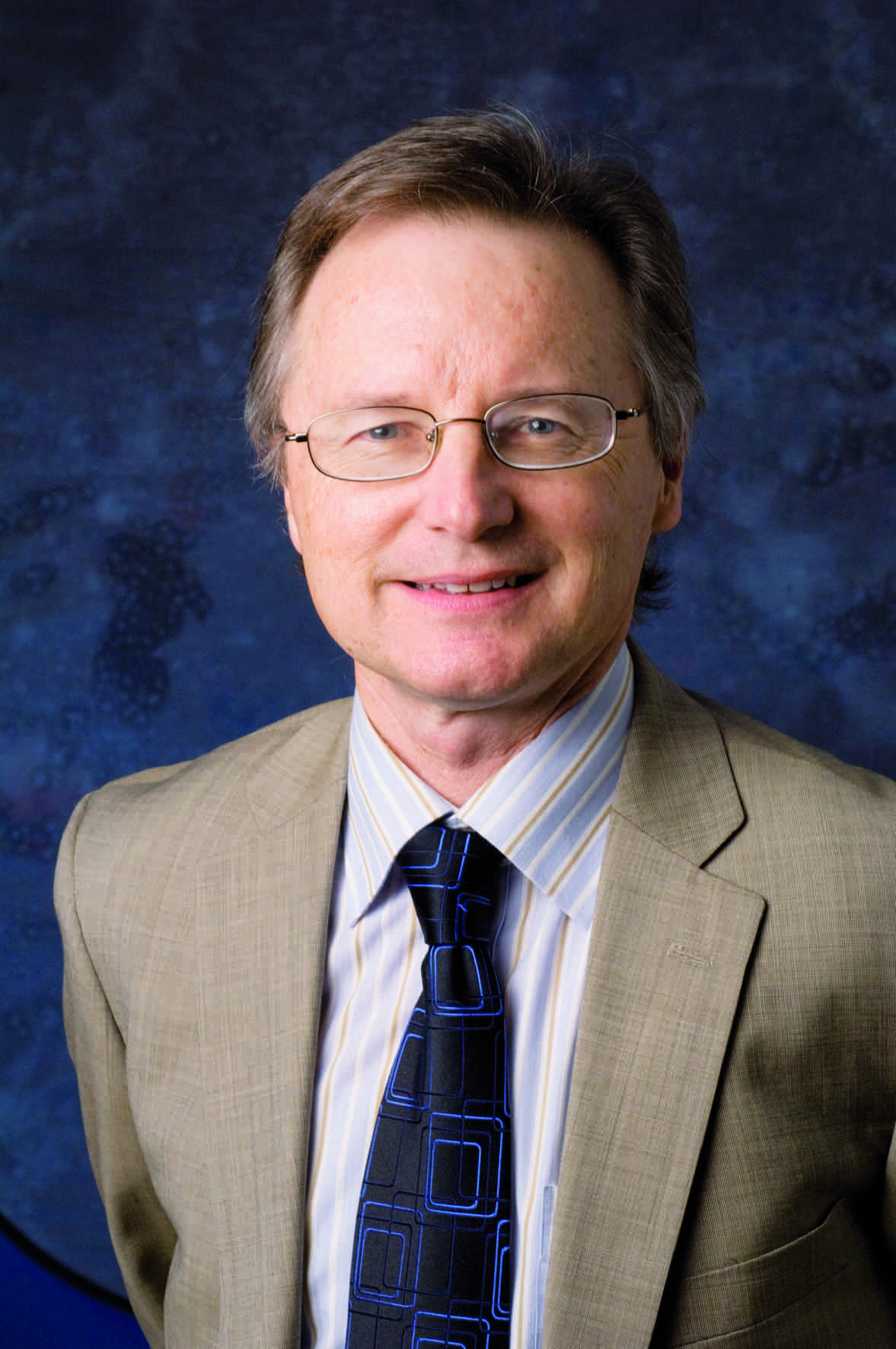Truly global in focus - Interview with Timothy Hughes, chair of the iCMLf
July 2014 - “We wanted to spread the benefit of new knowledge, effective drugs and accurate monitoring beyond the developed world. This was our first and is still our highest priority”. (Tim Hughes)
Q1: Great advances have been made in the management of patients with CML during the last couple of years. Where do you currently still see the biggest challenges and how could we best meet those challenges?
The outlook for a newly diagnosed CML patient is very positive in 2014 – a complete turnaround from the situation they faced even in the 1990s. However we still see CML patients transform into blast crisis in the first one or two years of kinase inhibitor therapy. We must find ways to identify these patients before they transform and trial innovative approaches. This remains one of our biggest challenges.
At the other end of the spectrum in terms of outcomes we know some patients can achieve deep remissions on kinase inhibitors and can come off their therapy without losing response. This may only be 10-15% of patients at the moment but if we could understand why it is possible for a few, we might be able to achieve treatment free remission in many of our patients.
Q2: The mission of the Foundation is to improve the outcomes for patients with CML globally. What do you think the iCMLf has achieved so far with regard to the management and care of CML patients worldwide?
From the start John Goldman, Jorge Cortes and I wanted to improve outcomes for CML patients in the emerging regions where access to effective drugs, accurate monitoring and up to date information were limited. We wanted to spread the benefit of new knowledge, effective drugs and accurate monitoring beyond the developed world. This was our first and is still our highest priority. With limited funds we thought that the greatest impact could be achieved by enlisting the help of our colleagues in the CML community to help to train hematologists from emerging regions and to partner with them to set up regional monitoring centres. We have made some initial progress with these programs but there are still huge unmet needs.
Q3 What is the specific role of the iCMLf as a global organization?
We set up the Foundation to be truly global in focus. This means that we prioritise activities where a global approach is needed – facilitating standardisation of PCR testing globally, ensuring education programs are globally available through our e-education program and many others. In the future as our funding base grows we would like to support research, clinical trials, sample exchanges, data collection etc. that require input from many countries to be viable.
Q4: It’s now five months that you have been chair of the iCMLf following the late John Goldman. How do you want to continue John’s legacy and to further develop the Foundation’s programs?
We were very fortunate to have John Goldman as our Chair for the first five years. He was able to gain the support of many of the brightest stars in the CML field to join the iCMLf as Directors and Scientific Advisors. Now we have the challenge of continuing to build our programs without the benefit of his wisdom and extraordinary leadership. To achieve this we need to maintain the great momentum that we have built up in the first five years. John, Jorge and I have had a strong consensus on where we needto go over the next decade. Fortunately I have the support of an excellent executive team lead by Nicola Evans as well as our dedicated Directors and Scientific Advisors.
Q5: When the Foundation was founded five years ago, the focus was primarily on education and access to treatment and diagnostics, especially for physicians from emerging economic regions. Will the Foundation also turn to other areas of need in the near future?
There is still so much to do in these initial high priority areas but we frequently review our priorities and look for new opportunities.
Q6: What are the Foundation’s key priorities for 2014/15 and beyond?
Our key priorities are to further strengthening our current programs, to broaden our funding base and to venturing into new programs as opportunities arise and need determine.











